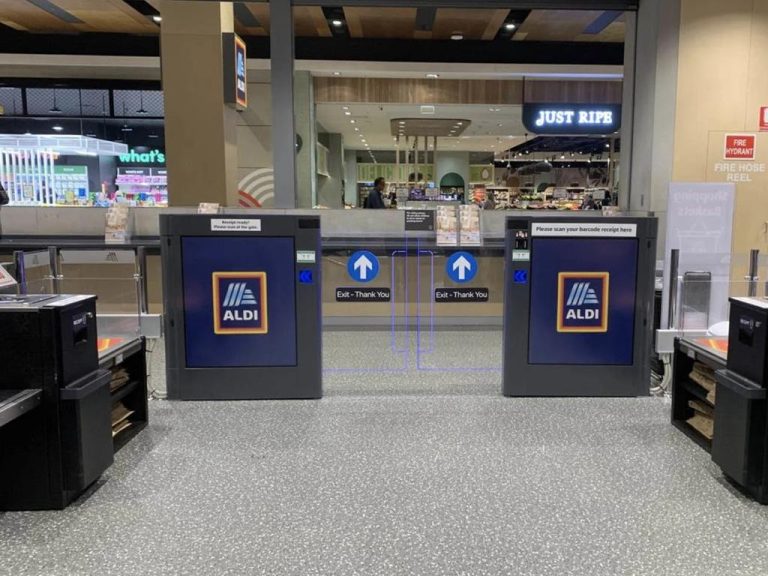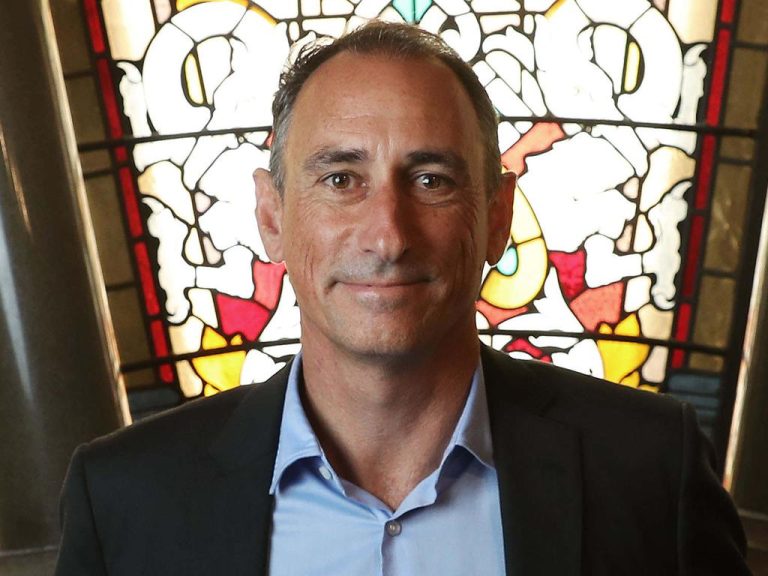Capital concerns: Student caps leave developers in limbo
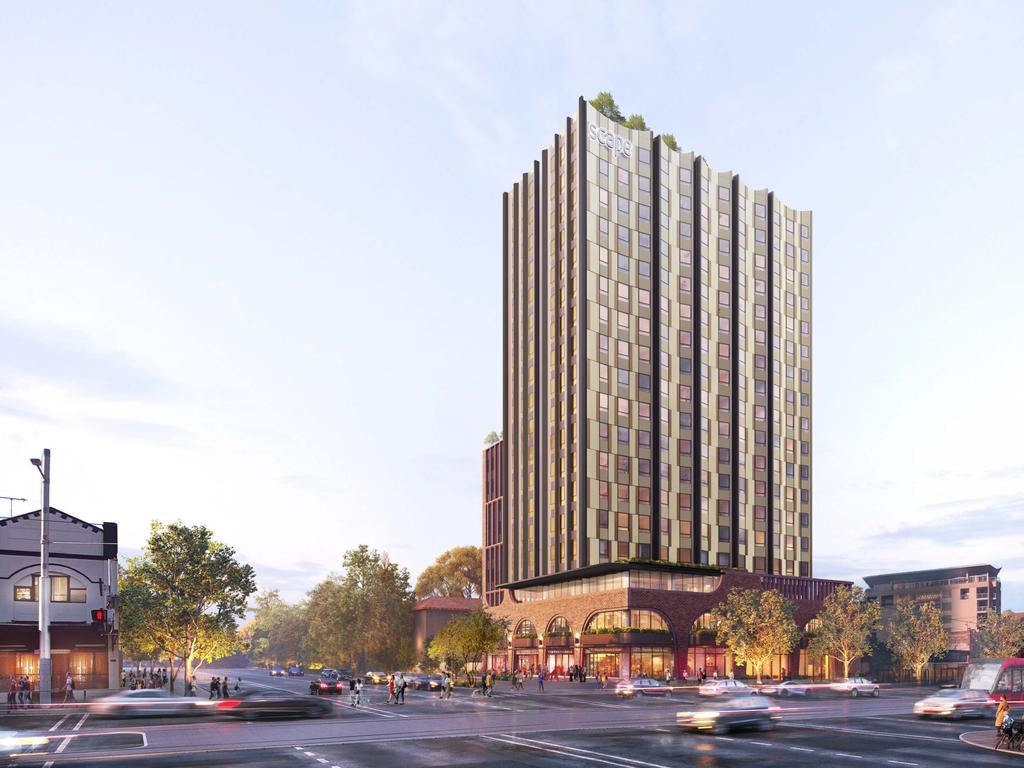
Scape Kingsford is a new development in the university precinct of UNSW.
The country’s top provider of student accommodation, Scape, has called for greater certainty from the federal government over the implementation of controversial caps on international students amid the worsening housing crisis.
Speaking after the launch of a new $1bn precinct in Sydney, the group’s chief executive Anouk Darling says that a lack of certainty was hurting the sector, which stood ready to work with universities to accommodate international students.
The accommodation developer and fund manager highlighted industry concern over the imposition of the caps, which have aroused global investors, including private equity giant Blackstone, and specialist advisers like Cushman & Wakefield, due to their potential to hurt the Australian economy.
“No cap is a good cap. And quite frankly, international education is Australia’s largest services export, so I’m not sure why we’re looking at remediating it,” Ms Darling said. The prospect of caps could deter the top global institutions which are backing local projects.
“Capital goes where capital is welcome,” Ms Darling said, noting the inconsistency between plans to increase the supply of student accommodation and the lack of certainty about how this would be achieved.
“We can help if there’s clarity, and also expedited planning processes so we can get buildings delivered rather than being blocked at local levels,” she said.
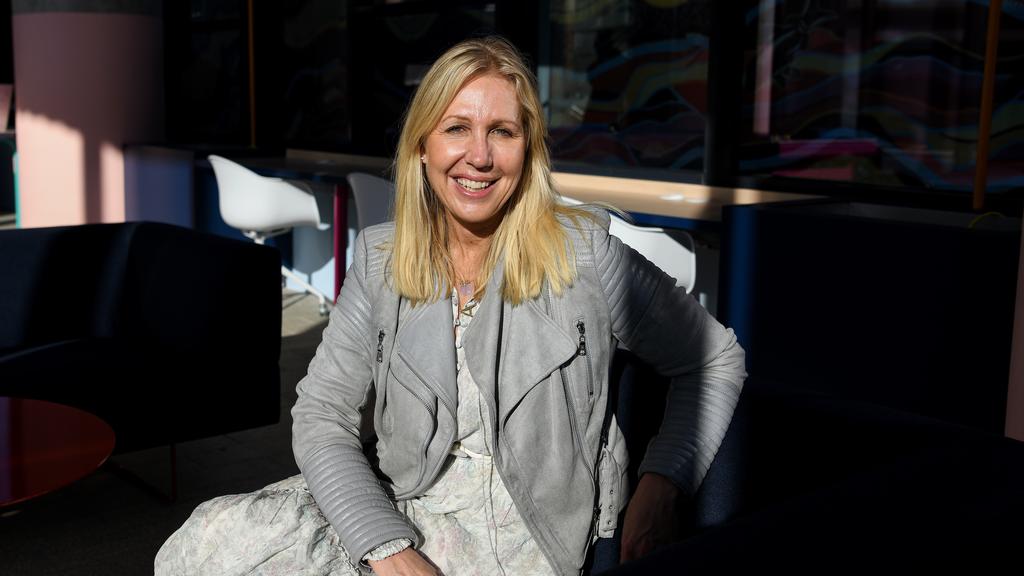
Scape chief executive Anouk Darling. Picture: Bianca De Marchi/NewsWire
Scape and other developers are working with universities but want clarity around what the new regime will mean for their existing projects and where new ones will be required, while also ensuring the investors who have poured billions of dollars into the sector remain committed to Australia.
Ms Darling said that the government should ensure that the right message was being delivered “so that capital understands there’s going to be continued growth”.
“Right now, there’s a whole lot of uncertainty,” she said.
Ms Darling said that the environment was still very attractive if the settings were right. “There is still under-supply and there’s still growth,” she said. “But any uncertainty, and then a mix of messaging, [and] no clarity, of course it causes ripples.”
Scape is still bullish on its projects and has just launched one of five planned buildings in a $1bn student precinct in southeast Sydney. It said the aim was to create Sydney’s “first university precinct”, stretching from Kensington to Kingsford.
Collectively known as KEKI, the five buildings will provide homes for over 1,600 students within walking distance of the University of NSW and National Institute of Dramatic Art. The project will be completed by 2026.
In addition to the student housing, the precinct will feature public art, green spaces and 3,900 sqm of retail and commercial leasing space.
The first building, known as Scape Kingsford, at 9 Bunnerong Road, will include 381 units for students across 15 storeys. Rates will vary from $600-$900 per week inclusive of bills, Wi-Fi and access to programs and events.
Subsequent Scape releases will include “Lachlan”, with 523 units, “Kensington”, with 365 units, “Todman” with 203 and “Ascot” with 152.
Other players are also pushing ahead with projects. Global investment house Nuveen has also opened a student site near UNSW in Kensington in Sydney. The 250-bed student housing site is Nuveen’s sixth purpose-built asset in its local portfolio, that also includes Perth, Adelaide and Melbourne.
Nuveen chief investment officer and head of Asia Pacific, real estate, Louise Kavanagh, said the firm was committed to growing its $830m portfolio.
She said that the student cap was “not overly onerous and is meant to deter fraudulent visa applications, improve student quality but continue to ensure that this important services sector continues to contribute positively to Australia’s long-term economic development”.
“More importantly, by announcing the cap on international students next year to 270,000, which is roughly in the middle of the ballpark between the commencement figures in 2023 and 2024, the government is providing assurances and clarity over its policy implementation, which in turn allows universities and purpose-built student accommodation providers to continue planning for the future,” Ms Kavanagh said.
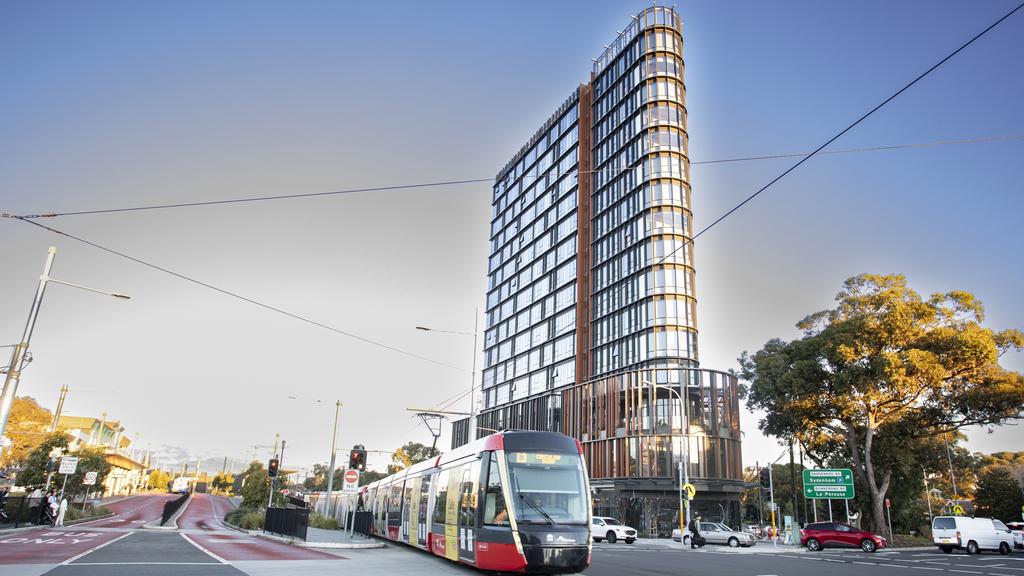
Scape Kingsford a new development in the university precinct of UNSW.
The Student Accommodation Council is calling on the federal government to rebuild investor confidence in the purpose-built student accommodation sector to help address the housing supply deficit.
Student Accommodation Council executive director Torie Brown said the relationship between investment and regulation was delicate. “If this balance isn’t met, it can cause problems for consumers and Australia’s housing markets,” she said.
“This is because capital goes where it’s welcome. If governments actively deter investment and erode investor confidence, capital will find a more welcoming place to go.
“The international student caps debate has come at a precarious time. Housing supply is tight, rental stock is drying up, build costs are sky-high, and supply chains are congested.”
Ms Brown said that since the release of the 270,000 student visa caps figure, no details had been forthcoming on how the government wants universities and the PBSA sector to work together.
“PBSA investors have felt kept in the dark with no information forthcoming from government,” she said.
“On the one hand, the actual student caps number was better than expected, but on the other there is a lack of clarity regarding the government’s vision for the sector. This is problematic,” Ms Brown said.
With the sector providing 80,000 student-only apartments, it wants to ensure that investment does not stall.
“Private developers and universities have been exploring options and entering into conversations in good faith. We need the government to be clear to investors – your capital is welcome and wanted in PBSA in Australia,” Ms Brown said.

